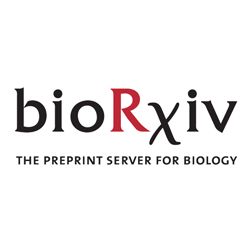#protistsonsky
Happy to share our piece "Towards a trait-based framework for protist ecology and evolution" in @cp-trendsmicrobiol.bsky.social
Let's build a unified trait 📏 database to unlock transformative insights into protist 🔬 ecology 🌍 and evolution ⏳
▶️ doi.org/10.1016/j.ti...
#protistsonsky

#protistsonsky
@xt117.bsky.social
biorxiv.org/content/10.1...

@xt117.bsky.social
biorxiv.org/content/10.1...

authors.elsevier.com/sd/article/S...
authors.elsevier.com/sd/article/S...

Thank you also to @arunsethuraman.bsky.social for handling the manuscript and @joannamasel.bsky.social for helpful comments.
academic.oup.com/g3journal/ad...
Thank you also to @arunsethuraman.bsky.social for handling the manuscript and @joannamasel.bsky.social for helpful comments.
academic.oup.com/g3journal/ad...
#WomenInScience #ChatBiology #CelebrateWomenNow #InspireTheNextGeneration
www.yourgenome.org/theme/my-car...
www.yourgenome.org/theme/career...
@engagewcs.bsky.social

#WomenInScience #ChatBiology #CelebrateWomenNow #InspireTheNextGeneration
www.yourgenome.org/theme/my-car...
www.yourgenome.org/theme/career...
@engagewcs.bsky.social
Please reshare to reach all the lovers of #isopods (& #phylogenomics), who might be interested in their #evolution!
🧪

Please reshare to reach all the lovers of #isopods (& #phylogenomics), who might be interested in their #evolution!
🧪

